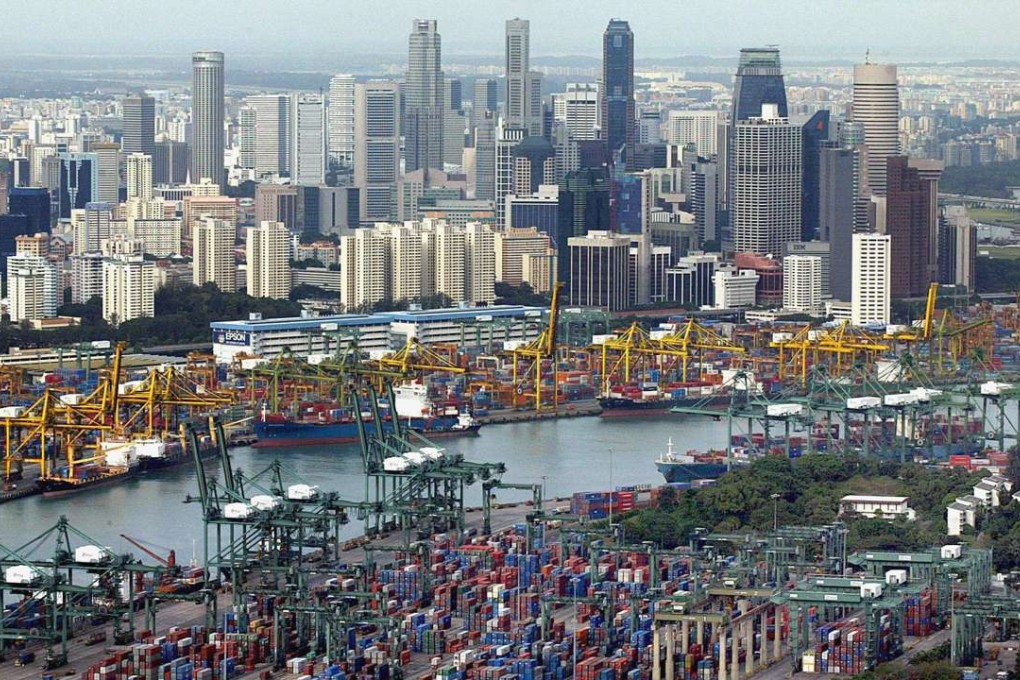Steady as she grows: Singapore on course for modest economic growth this year, despite global shocks
The city state has one of the world’s most liberal, pro-business economies in the world, and is thriving in many sectors, while continuing to invest in the development of others

Despite the ebb and flow of the global economy this year, Singapore could well be described as “sitting pretty”.
This tiny city state covers just over 700 square kilometres and has a population of 5.5 million – but its scoops the entrepôt jackpot.
Its list of firsts and premier rankings is lengthy and varied, being recognised as one of the world’s most liberal economies, little tainted by corruption, pro-business, with low taxes, and one of the globe’s highest per-capita GDPs. Singapore is the world’s second-busiest container port, ranking behind Shanghai, and it remains a thriving hub for all manner of business and commerce.
Despite such a solid financial background, Singapore has been buffeted by shocks in other parts of the world.
Singapore’s economic growth is expected to remain modest, according the Monetary Authority of Singapore (MAS), although the 1 to 3 per cent forecast for this year is under review.
MAS managing director Ravi Menon says: “The current stance of monetary policy remains appropriate for overall economic conditions. Unless there is a marked deterioration in the global economy, or a significant shift to the inflation outlook, there is no need to change the [present] monetary policy.”